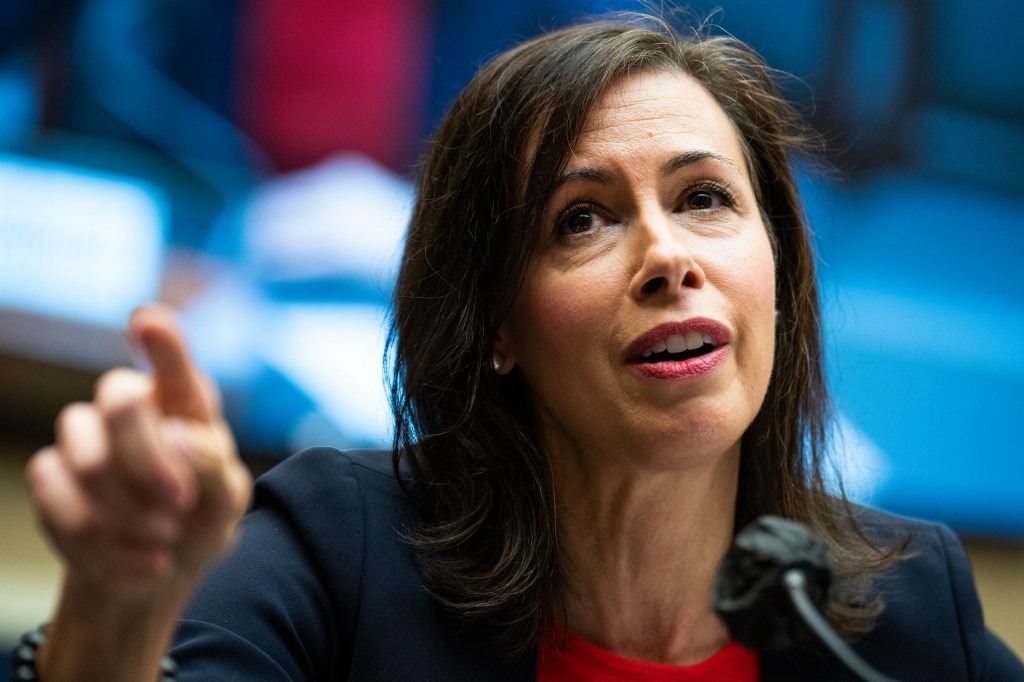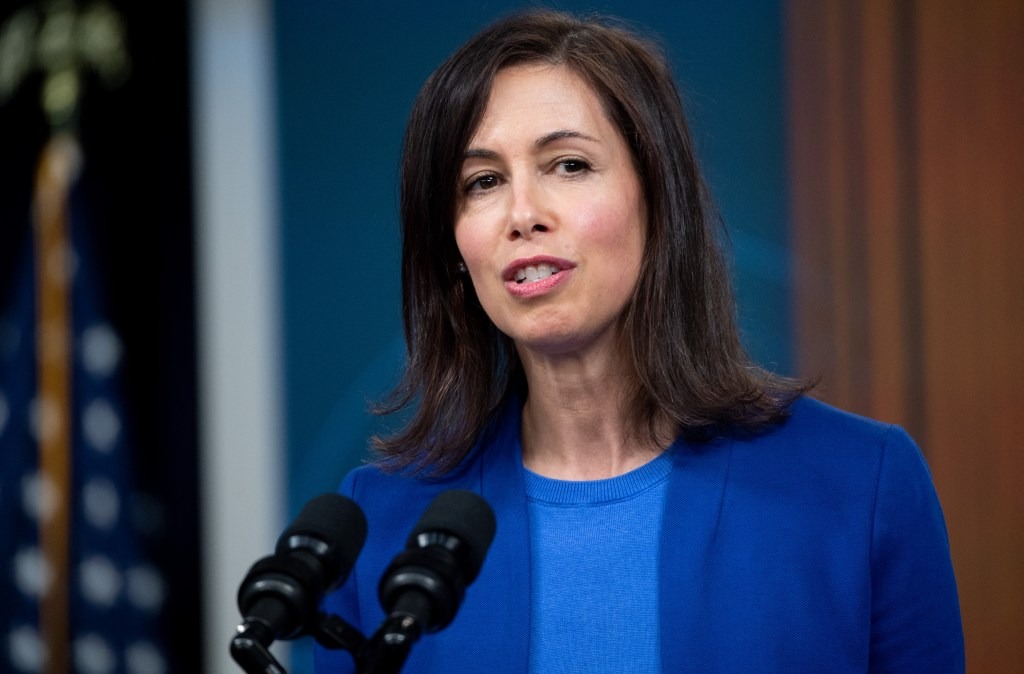Open internet advocates praised the Federal Communications Commission‘s (FCC) decision to revive net neutrality rules and reinstate FCC oversight of broadband.
The 3-2 vote, split along party lines, marked a remarkable step towards ensuring an open internet and preventing internet service providers from blocking, throttling, or engaging in paid prioritization of lawful online content.
The vote to reclassify broadband as a public service under Title II of the Communications Act followed months of anticipation and signaled a reversal of the FCC’s previous decision in 2017, which dismantled net neutrality regulations. Advocates hailed the move as a necessary step to safeguard internet access, which has become essential for participation in modern society and the economy.

FCC Chair Jessica Rosenworcel (Credits: Deadline)
Demand Progress Education Fund senior campaigner Joey DeFrancesco emphasized the importance of the FCC’s action in ensuring access to an open internet, highlighting the overwhelming public support for net neutrality. He applauded the FCC for listening to public sentiment and standing against powerful telecom companies.
Former FCC commissioner Michael Copps expressed enthusiasm for the restoration of net neutrality rules, emphasizing the importance of protecting consumers and promoting competition in the telecommunications industry. He commended FCC Chair Jessica Rosenworcel and her colleagues for their leadership in reversing the previous administration’s decision.
Common Cause’s Ishan Mehta underscored the importance of the internet as a platform for civic engagement and social justice movements. He praised the FCC’s vote for returning control of the internet to the American people.
The ACLU’s Jenna Leventoff celebrated the FCC’s decision as a victory for consumers and First Amendment rights online. However, she cautioned against preempting state laws that provide additional consumer protections.

FCC Head (Credits: New York Post)
Public Knowledge’s legal director, John Bergmayer, welcomed the FCC’s vote while highlighting the need for continued vigilance in enforcing net neutrality rules. He emphasized the importance of clarifying and prohibiting discriminatory practices by broadband providers and encouraged states to serve as models for strengthening internet regulations.
Advocates hailed the FCC’s decision as a serious step towards preserving an open and accessible internet for all Americans. They emphasized the importance of continued oversight and enforcement to prevent discriminatory practices and ensure a level playing field in the digital landscape.























